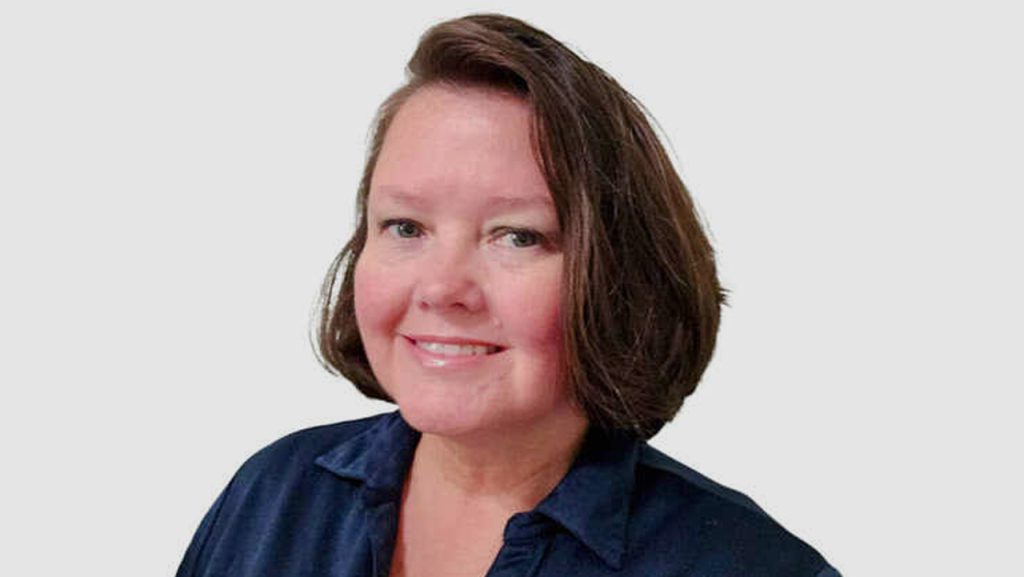Blog
Caring Beyond the Bedside: Trisha Copeland’s Commitment to Nursing Education

Before she ever wore scrubs or stepped into a simulation room, Trisha Copeland knew she was meant to teach. “Back when I first went to college, my goal was to be a middle or high school English teacher,” she recalls. Life took a different turn—but in nursing, she found a new path that honored her heart for education and her natural instinct to care for others.
Trisha began her career as a nurse in 2011, working on a cardiac step-down unit. Over time, she realized that her true passion wasn’t just in patient care—it was in teaching others how to provide that care. After earning her bachelor’s and master’s degrees, Trisha shifted her focus to nursing education. She spent five years as a nursing instructor before transitioning into her current role as a Clinical and Simulation Educator at Elevate Healthcare, where she now dedicates her time to teaching and supporting the next generation of healthcare professionals.
“I was always the cheerleader type,” Trisha says. “If students needed extra help, I wanted them to know they could come to me. I knew I wanted to be an educator on day one of nursing school.”
Now, as a Clinical and Simulation Educator, Trisha brings together her love of teaching, nursing, and simulation to help learners and educators alike prepare for the realities of patient care.
“The products and training we provide give students and practitioners the chance to learn how to save lives—without risking lives,” she explains. “They also help learners see rare but critical diagnoses that they might never encounter in clinicals. That kind of preparation is so powerful.”
Simulation played a transformative role in Trisha’s own journey in nursing education. “Nursing school is hard—but the idea of being responsible for real patients was even scarier,” she says. “Having attended a school that integrated simulation at a high level helped me know that I knew more than I thought I did. I was prepared.”
Today, Trisha sees that same confidence-building power at work in learners—especially those navigating personal challenges. She recalls one student who had experienced a traumatic event related to the ICU. Before entering her final ICU rotation, the student participated in a high-fidelity simulation. “Hearing the monitors, the ventilators—it helped her realize she could go into that environment without breaking down. And if she had broken down, it would’ve been in a safe space, with only me there. She was so thankful.”
Whether it’s simulation or real-world clinical moments, Trisha believes the human connection in nursing matters deeply. “One time, a patient I was helping settle into his room grabbed my arm and said, ‘You saved my life.’ He had been my patient months earlier, and I didn’t dismiss his pain—I asked questions, and it turned out he had a medical emergency that needed surgery that day.”
Faith plays a central role in how Trisha finds balance. “My faith in God helps me recharge. Without Him, I wouldn’t be where I am today, working for a company I love.” She and her husband live in the mountains of northeast Georgia with their German Shepherd, Thor. Surrounded by nature, they enjoy hiking, kayaking, and exploring waterfalls. “Being outside—it’s peaceful. It helps me decompress and prepare for what’s next.”
Looking ahead, Trisha is focused on using simulation to drive positive change in nursing education. “As patients get sicker and have more comorbidities, I see nurses being asked to do more with less staff,” Trisha explains. “I hope to shape the future by using simulation to demonstrate how much goes into a nurse’s day and how better staff ratios can have a positive impact on health outcomes.”
For Trisha, it’s all about honoring the profession while pushing it forward. “Creating programs that build confidence and competence helps keep nurses in the field. That’s how we reduce burnout. That’s how we make a difference.”
And she knows that difference is real. “The scope of our impact is mind-boggling,” she says. “We’re not just teaching. We’re shaping how care is delivered in the moments that matter most.”